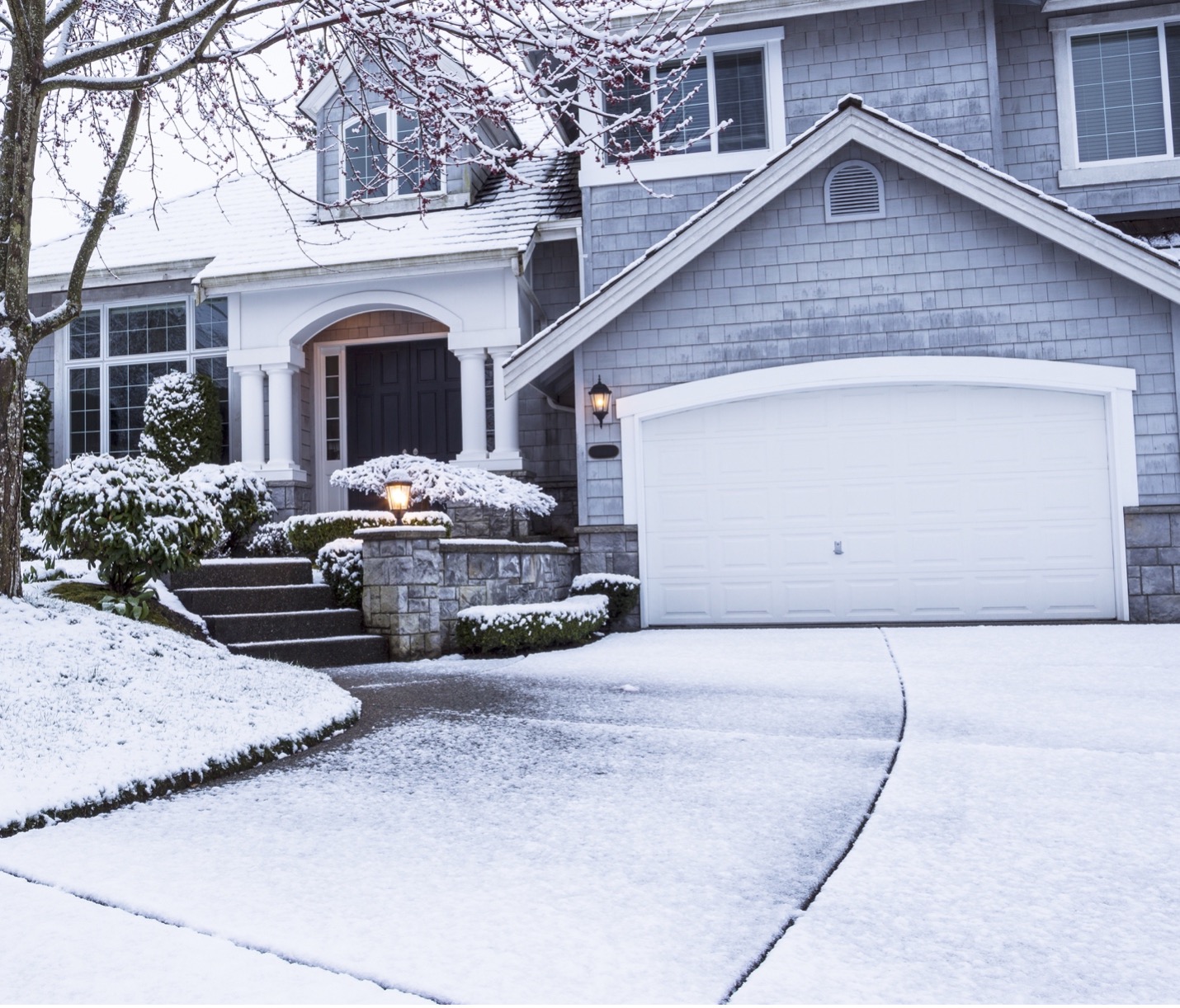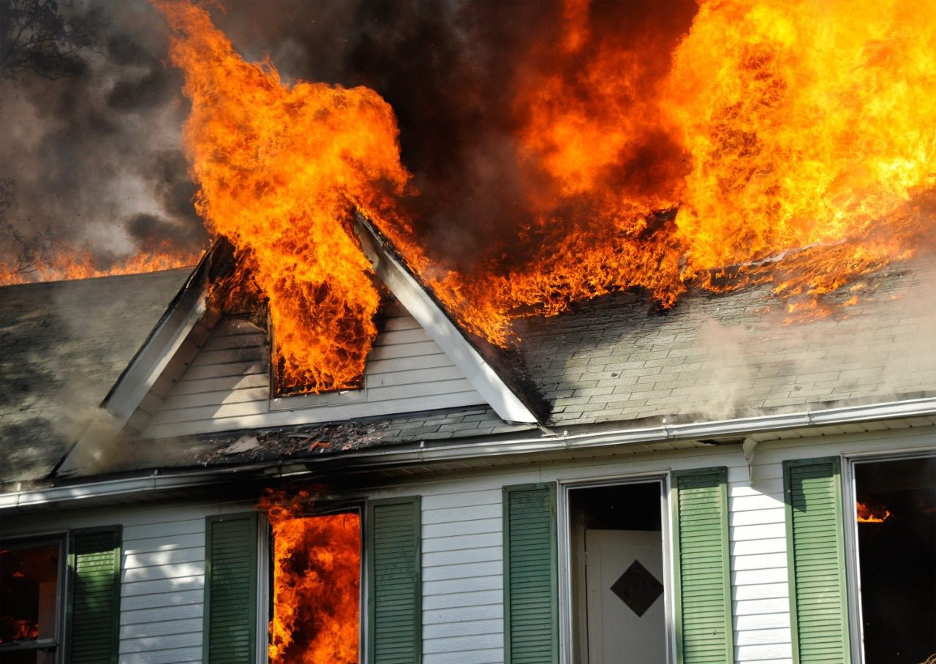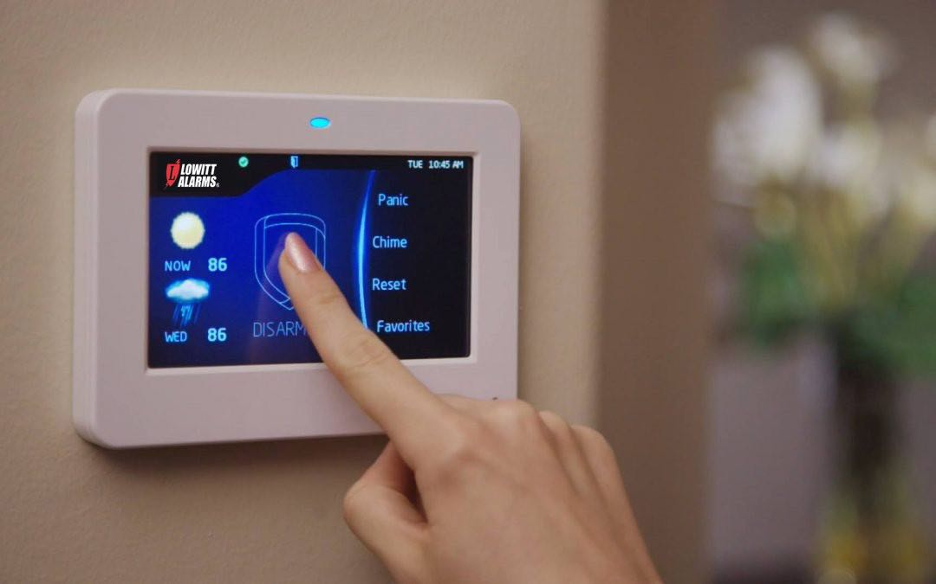
Alarm Systems Maintain Your Peace of Mind Whether You’re Close by or Away
No matter how nice your neighborhood is, you can benefit from a little added protection. According to FBI statistics, a house is 2.7 times more likely to be burglarized if it doesn’t have a home security system.
An alarm system may sound simple enough—you just need a loud noise to go off when someone breaks in. But it can be much more complicated than that.
When exactly should the alarm go off? Who is alerted when it does go off? Will it still work during a power outage?
You can get answer to these questions and more by reading this blog where we highlight some common alarm features.
If you have a comprehensive system with all these features, you can customize it to fit your unique needs.
SEE ALSO: STRENGTHEN YOUR SECURITY WITH REMOTE MONITORING FEATURES
Sensors: The first step in designing a home security system is figuring out when it should go off. Sensors can protect general access points –garages, doors, and windows. They should also be near high-risk items including money, jewelry, appliances, clothing and power tools.
You should also consider internal threats when incorporating sensors. Environmental sensors can let you and your loved ones know if there are floods, fires, CO2 leaks or extremely low temperatures detected so you can act accordingly.
Real-Time Alerts: Even when the slightest change happens at your home, you’ll receive an instant text message, or emails to let you know. The system will alert you when motion is detected indoors or outside, if valuable objects have been removed, of extreme temperatures shifts, and when the alarm itself has gone off.
Central Monitoring: Any effective home alarm system should also be linked to a professional central monitoring center. This station includes dedicated agents that will know the best way to respond to an emergency and will direct the necessary authorities. For added protection, make sure the monitoring facility you work with is CSAA recognized.
Go Wireless: When choosing a home alarm system, you should opt for a wireless solution. Upgrade your outdated system to one that involves less obtrusive wires. You can take advantage of wireless communication with other devices in the house—including your smartphone. In the event that power lines are cut or the power goes out due to a storm, you can install a reliable radio backup system.
Give us a call to learn more about home alarm systems or fill out our quick contact form to schedule a no-obligation consultation. Our team would love to help you protect your home with quality service!





